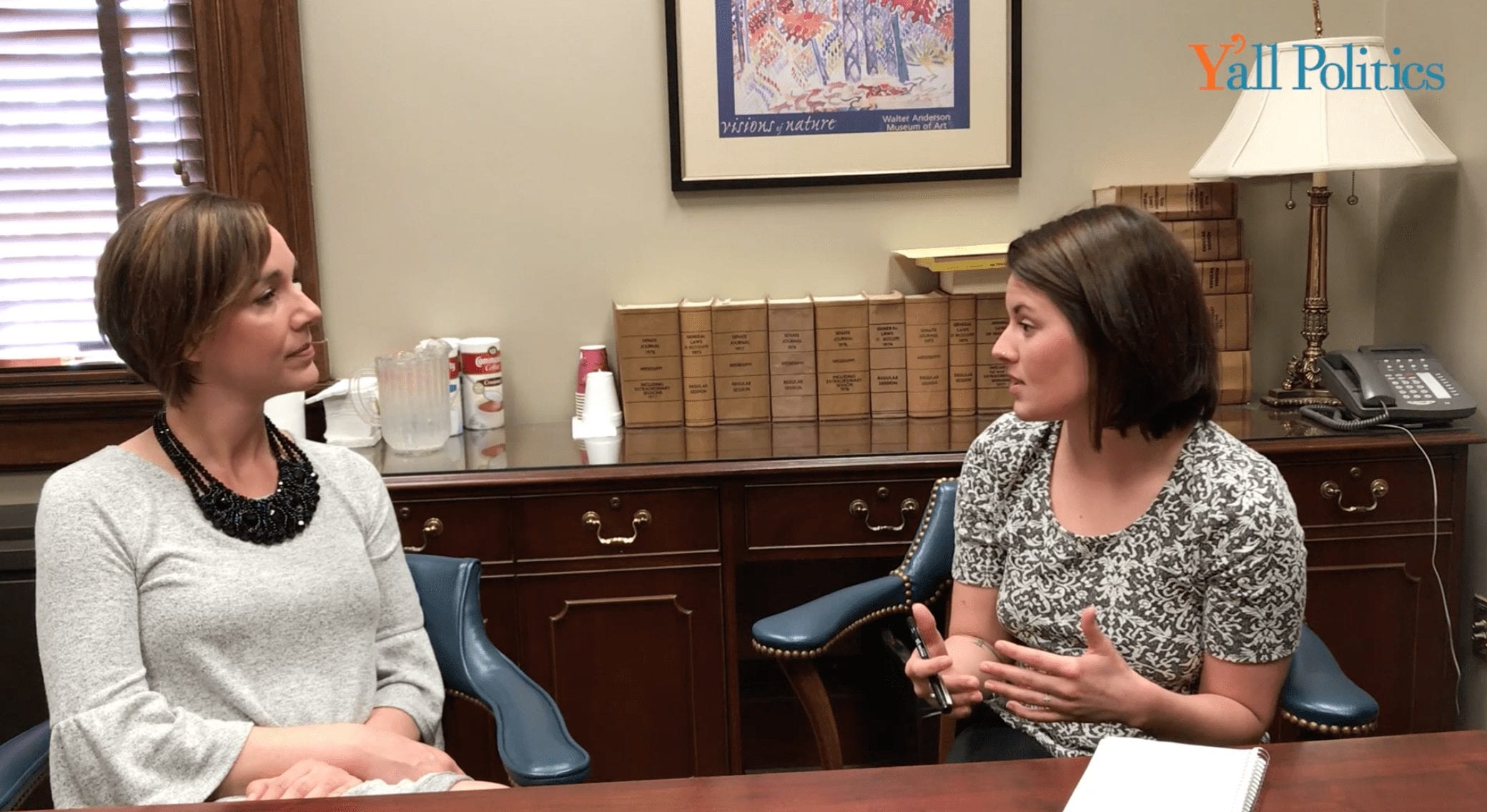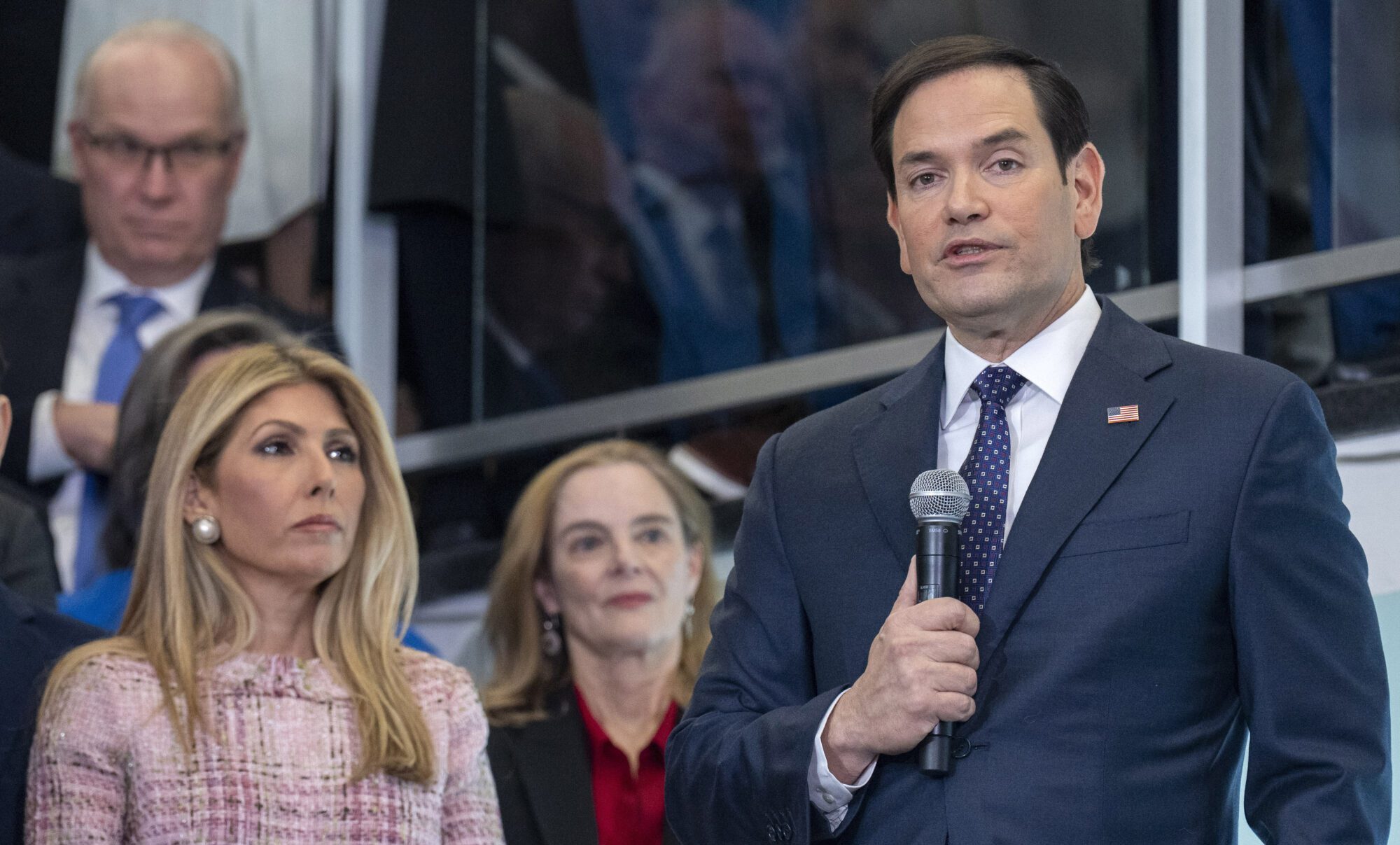
The House education funding bill has made it’s way to the Senate and was reviewed in a hearing on Wednesday. HB 957 would replace MAEP, the state’s current funding formula, claiming to be a more student based formula that at the end of the day would provide more money to school that are in the most need.
Rebecca Sibilia, founder of EdBuild, the company contracted to review MAEP and make a new funding recommendation gave an example of how the new format would spread monies for a specific school district.
WATCH BELOW:
Why does MAEP need to be changed?
When originally implemented, the Mississippi Adequate Education Program was a good thing and even put Mississippi ahead of it’s time on education funding. MAEP attempted to ensure that school districts get similar amounts of money regardless of their property value.
“There was a recognition that low income students require more money to educate, unfortunately what we now know is that there are provisions in MAEP that make those two principals less effective,” said Sibilia.
Sibilia said there were three major things EdBuild found that were wrong with MAEP.
- MAEP provides 5% more money for 70% of the students in the state. However, this includes students who are eligible for free and reduced price lunch as low income and because of the states cost of living and family demographics that ends up spreading the amount of money over most students in the state, instead of targeting low income students.
- The 27 Percent Rule. This rule says that no matter how much money your district generates in property wealth the state will guarantee you’ll get 73% of the money the formula says you need, even if you can fund it entirely out of local funds. Sibilia said that shifts about $120 million from what could be given to all students, or targeted toward students that are in need, to students with substantial property wealth. (This rule is NOT deleted from the new funding formula in HB 957).
- A large portion of funding that is going to schools is calculated based on “assumptions” on what schooling should look like from legislators perspective.
Sibilia said that is why the main principal for the new funding formula is completely student based and their needs and now program costs.
What is good about the The Mississippi Uniform Per Student Funding Formula Act of 2018?
- The new formula moves from a “resource based” formula (or what is assumed to be needed in order to educate) to a “student centered” formula. EdBuild recommended that different students may have different needs, thus requiring additional funding.
- Districts would be allowed to innovate in the event that they are in need of more funding. Sibilia said that through research they know if 20-25% more funding can be provided for districts with low income students it could virtually close life achievement gaps.
- So, while there will be a base amount of money ($4,800 for k-8) allotted to schools based on student enrollment, no matter how much money is put in, this formula would guarantee extra resources would go first to students who are low income, English language learners, gifted students, and high school students. These classifications are called “weights” in the bill.
Sibilia said that structure is unique to this formula and does not currently exist in MAEP. MAEP does not recognize that different student require additional dollars, instead it looks at the cost of programs and how much money they require.
Phase in Final by yallpolitics on Scribd
In the hearing held among Senators, Sen. David Blount was quite outspoken on his concerns in changing the current funding formula.
Sen. Blount, who is opposed to the bill, says that the bottom line still lies with fully funding MAEP. He questions whether this formula will really increase funding and provide more fair funding or if it is just a political ploy.
While no one argues that the concept of weights is a good things, Sen. Blount suggests that those numbers need to be audited to ensure that they aren’t being manipulated. He says that the only thing that those weights do is determine how much money a district gets, but it is spent at the local level the way that those at the local level decide.
The bill will be deliberated in the Senate before coming to a vote. Chairman of the Education Committee, Sen. Tollison has said he does not expect to see many changes made to the House bill.
EDITORS NOTE – This post has been updated to reflect a few typos from an earlier draft. Special thanks to Kate Royals at the ever-so-non-partisan Mississippi Today for her guidance and thoughtful encouragement.











